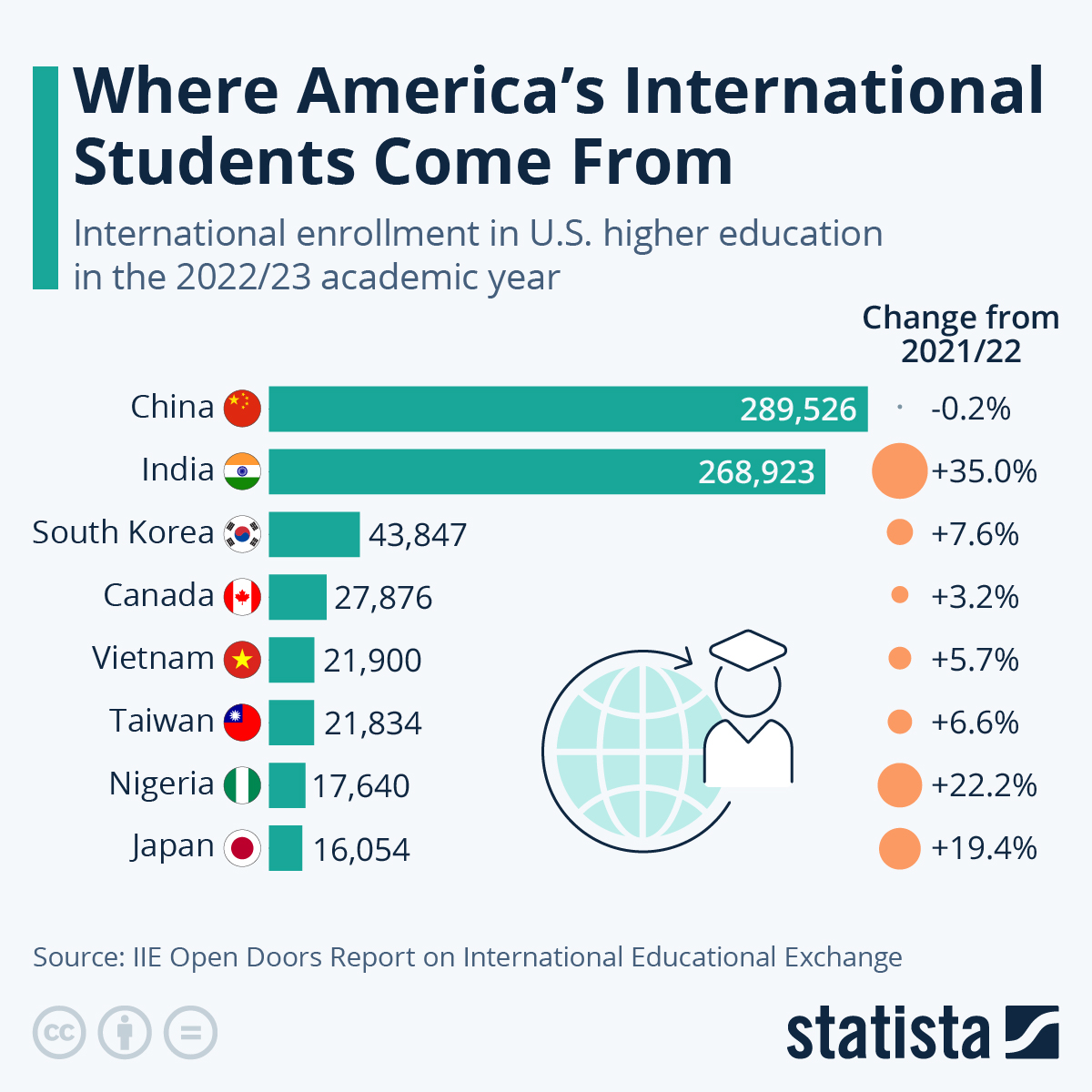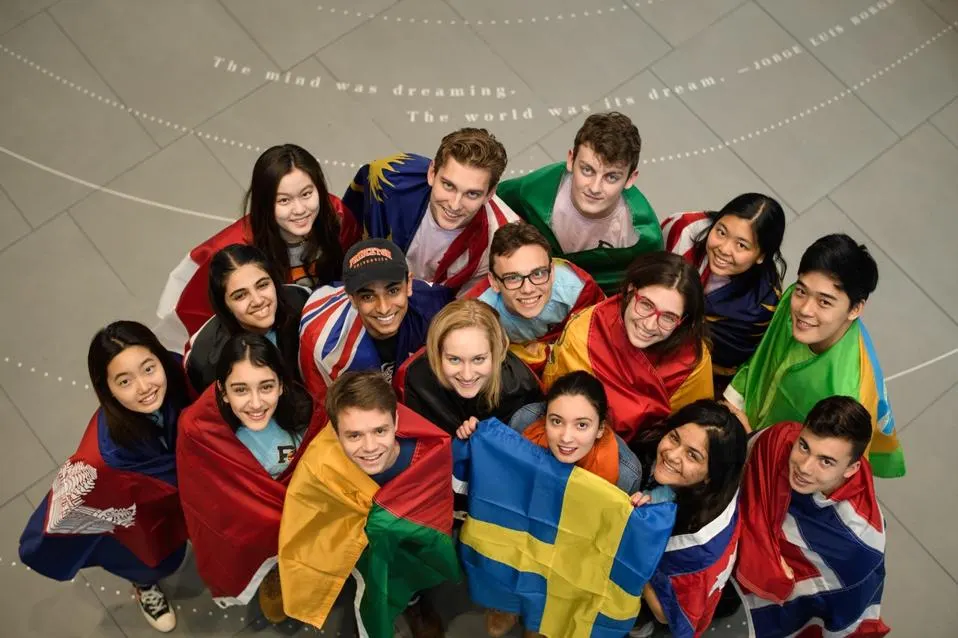By Polina Zadirey, Contributing Writer
Many students come from their home country to the United States in hopes of investing in a better education that they believe will provide better opportunities. However, is it worth it? Does studying in the U.S. include plenty of advantages, or are there drawbacks to being an international student?
Historically, many students have chosen the U.S. as a better place for education because of the reputation it has built over the years, according to the Center on Education Policy. Examples of famous and prestigious universities in the U.S. include Princeton, Harvard, Stanford, etc., where students from all around the world show their excellence to this day.

Here at Saint Leo University, significant diversity can be found thanks to its robust international student program. “30 percent of students at the university campus are international,” reports the Executive Director for the Center for Global Engagement, Paige Ramsey-Hamacher.
The first reason for this is an exceptional academic and personal development opportunity. Through immersion in a foreign culture, international students go beyond the confines of traditional classroom education, cultivating qualities such as adaptability, resilience, and a global outlook on life.
Another thing that should be considered is that universities in the U.S. are more equipped with innovative research facilities and flexible education systems which are often inaccessible in international students’ home countries.
Being an international student also offers excellent opportunities to immerse students in a new culture to connect with like-minded individuals. A person’s worldview can be broadened astheir tolerance, openness to innovative ideas, and appreciation for diversity may be developed through cultural interaction.
“One of the biggest benefits is being able to learn and become proficient in another culture and language,” says Ramsey-Hamacher.

While admitting the undeniable benefits, it is essential to acknowledge international students’ challenges.
“What comes with benefits may also become a difficulty that students can have: homesickness, language barriers, and cultural shock both ways to a new country and their own,” adds Ramsey-Hamacher.
In the face of difficulties, overcoming these challenges fosters adaptability and gives students helpful life skills beyond educational institutions.
Studying as an international student is an incredible opportunity for anyone seeking a once-in-a-lifetime learning experience. The many advantages it provides, including professional and personal growth opportunities, access to excellent education, cultural enrichment, and global networking. All of these advantages make the investment worthwhile. The benefits of studying abroad far outweigh the challenges, as international students gain invaluable life and career experience.
“One very essential thing is when you experience any challenges, always remember – it is not bad, it is not good, it is just different,” says Ramsey-Hamacher. “Try to keep your mind open, saying, ‘I am just experiencing!’”





